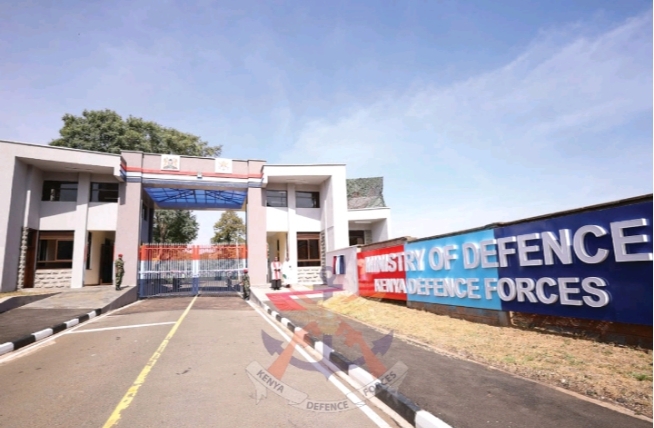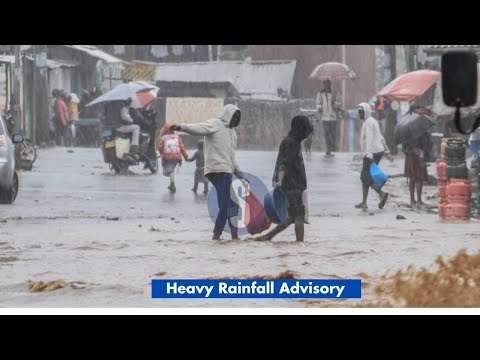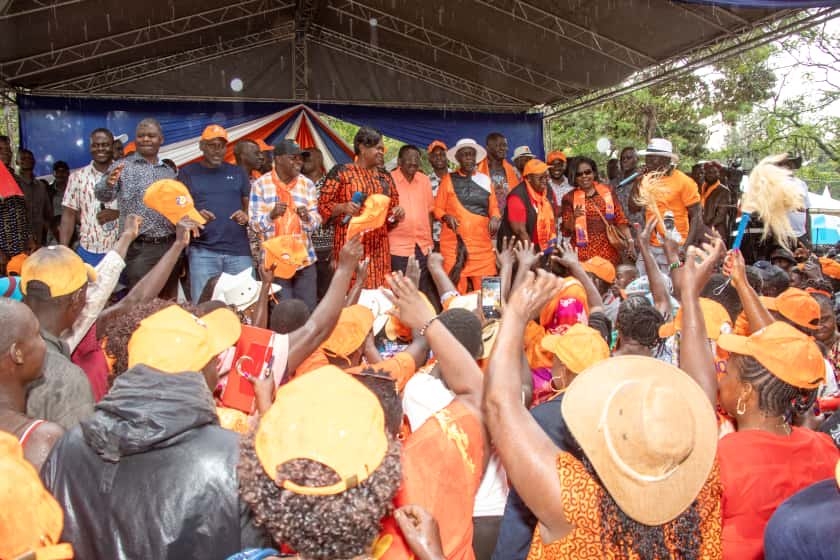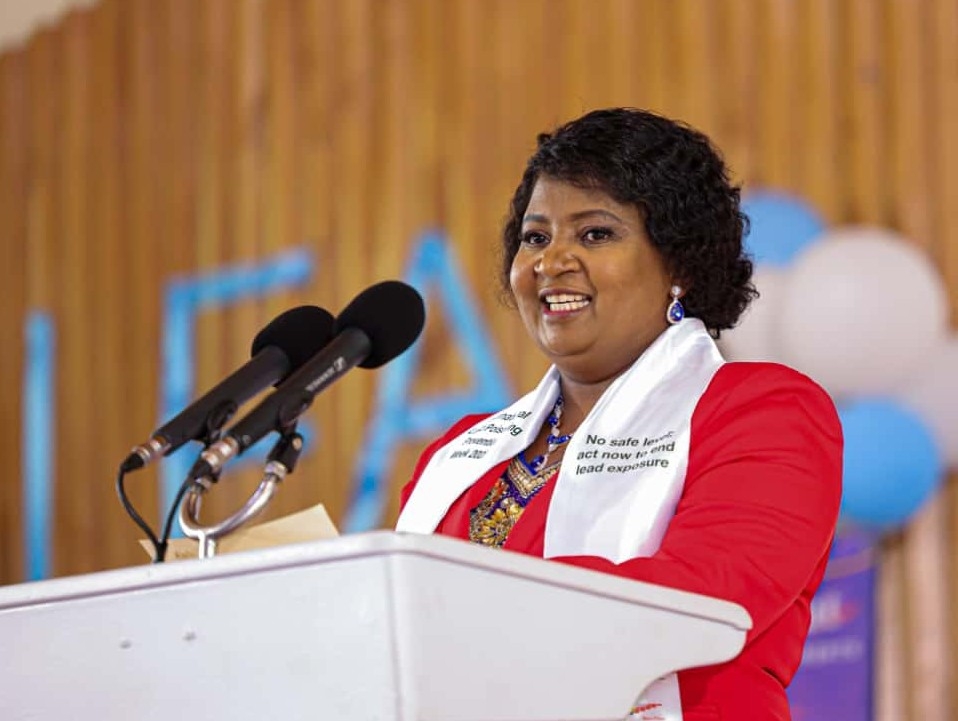At the climax of President William Ruto’s state visit to the US, American President Joe Biden named Kenya as a “major non-NATO Ally” (MNNA), the first in sub-Saharan Africa.
This status opens many opportunities. Other than ushering Kenya into the assembly of advantaged US allies such as Japan, Australia, South Korea and Israel, the country will receive priority access to economic and military privileges.
However, the designation also ignites geopolitical aftershocks that will influence Kenya’s foreign policy posture.
In practice, the US has a ranked alliance system that puts North Atlantic Treaty Organization and the Five Eyes Alliance (FVEY) members first, followed by major non-NATO allies and then other strategic alliances.
The NATO alliance is considered a special transatlantic relationship between America and its close allies largely from Western Europe. It is a collective security system where member states agree to defend each other against attacks by third parties. Its doctrine is that an attack on one is an attack on all and should be defeated by the collective action of all.
The FVEY alliance is an intelligence network comprising five countries: The US, the UK, Canada, Australia, and New Zealand. The FVEY was established after the Second World War to share signals intelligence (SIGINT). Seen as a covert club, FVEY continues to shape global geopolitics.
The US Code of Laws defines a “major Non-NATO Ally” as a country other than a member nation of NATO. Therefore, MNNA is a designation of the US and not NATO.
Created in 1987 through Congress, MNNAs are countries that have strategic partnerships with the US Armed Forces though not NATO members. The designation demonstrates high trust and symbolizes an elevated relationship with the US, which attracts security and economic privileges for MNNA countries.
However, MNNAs do not enjoy the same privileges, including mutual defense obligations accorded to NATO and FVEY. For instance, the US is not obligated to defend a MNNA state in case of an attack as it would do with a NATO member.
Nonetheless, the 1996 US enactment accorded MNNAs several of the same exemptions from the Arms Export Control Act that were enjoyed by NATO members. For instance, MNNA is exempt from strict export license requirements for weaponry or other implements of war as defined under US defence articles and services.
IMPLICATIONS
Kenya’s active agency in international affairs is beset with cryptic puzzles, which can get more complex following its designation as a major non-NATO ally of the US. Kenya could potentially be on a collision course with China on the question of Taiwan, which the US treats as a major non-NATO ally.
China considers Taiwan as a renegade province that should be forcefully aligned with the One-China policy. Thus, Kenya’s MNNA status and the huge economic ties with China place Nairobi on the way of opposing powers charging at each other. Kenya could easily end up as geopolitical collateral damage.
The designation as a MNNA of the US could draw Kenya into the ongoing new Cold War hence attracting an arms race and proxy tensions in the Eastern Africa region. So, whether Kenya will be adept in balancing its engagements with the West and the East will depend on the country’s diplomatic tact to make the US, China, and Russia co-exist in the geostrategic space that Kenya offers.
Kenya's relations with Russia and China should not be dramatically affected by its status as a MNNA. Even Brazil, which is a founder member of BRICS (Brazil, Russia, India, China, and South Africa) since 2009 became a MNNA of the US in 2019. Egypt joined BRICS in 2024 although it has been a MNNA since 1987.
Egypt and Russia signed an agreement on strategic military and economic cooperation. In 2022, Morocco became the first country in North Africa to sign comprehensive cooperation with China even though it has been America’s MNNA since 2004. Chinese nationals enjoy a 90-day visa exemption from Morocco.
Therefore, Kenya should also leverage the MNNA designation without being constrained by diplomatic ties with other states such as Russia and China. Moreover, such a balancing act would enhance Kenya’s allure to alliances such as BRICS and, G7.
Egypt, Morocco, and Tunisia were the three African states designated as MNNAs, all are from North Africa and predominantly Muslim populations. Kenya is thus the first from sub-Sahara Africa and predominantly with Christian populations. These dynamics could have implications, including setting the country as a target for increased terrorist attacks.
BENEFITS FOR KENYA
However, by leveraging the alliance system of the US, Kenya is likely to get better support, intelligence sharing, and funding in its war against violent extremism. Joining MNNA symbolically sends a strong deterrence message about Kenya’s allied capabilities against terrorism and external aggression.
Although the status of MNNA does not offer Kenya the same privileges given to NATO allies and FVEY, Nairobi will nevertheless get many benefits. First, Kenya will get priority access to crucial defence technologies from the US, including preferential access to commercial space technologies.
Kenya will also receive military equipment, loans and forgiveness of existing military sales debts, and engage in a joint Research and Development programme with the US Department of Defense.
The membership to MNNA potentially opens up multi-billion-dollar business opportunities for Kenyan defence companies to bid for certain US military contracts for the maintenance, repair, or overhaul of defence equipment outside America.
This is a hugely lucrative opportunity for Kenya to enjoy the first mover advantage given that the US hosts in Kenya’s neighbourhood, a full-fledged permanent military base in Djibouti and several military bases in sub-Sahara Africa.
RUTO'S INFLUENCE
Individually, President Ruto is emerging as an assertive international tactician with a keen eye on the geostrategic shifts towards new partnerships in a multipolar world, and increasingly championing Africa affairs globally.
President Ruto is fast filling the vacuum left by some African giants such as South Africa, Nigeria and Ethiopia, who have recalibrated their alliance system or are prioritizing internal policy.
After all, the majority of developing countries are becoming assertive and avoiding rigid alliances. The international alliance system is in flux, and unlikely alliances are emerging. For instance, on Monday, May 27, China, Japan, and South Korea held a trilateral summit since last in 2019.
The designation as a MNNA should not make Kenya a vassal state of the US, rather the country ought to leverage such privileged positions to push African priorities from the fringes to the core of international discourse.
This will allay concerns that the MNNA status could jeopardize Kenya’s posture as a Pan-African champion, including its candidature for the African Union Commission. This designation will eventually raise Kenya’s image, enhance its defence and security capabilities, and diversify its economic interests and geopolitics.
MNNA status is flexible since it does not impose any obligations on designated countries nor does it require ratification by the government of designated countries. Presently, 18 countries are designated MNNAs: Argentina, Australia, Bahrain, Brazil, Colombia, Egypt, Israel, Japan, Jordan, Kuwait, Morocco, New Zealand, Pakistan, the Philippines, Qatar, South Korea, Thailand, and Tunisia. Potential MNNAs include Saudi Arabia, Oman, and UAE.
The Biden administration is investing in Kenya to help illuminate America’s lackluster Africa policy. Today, the US’s economic and military security interests in Africa are facing a dual threat from China and Russia.
With the revulsion in Niger and other restive Sahel states, the US is betting huge on its military partnership with Kenya. To quote the US Commerce Secretary Gina Raimondo, “The US is all in on Kenya.”
Muliro Nasong’o is a resident Fellow at the Global Centre for Policy and Strategy (GLOCEPS)









![[PHOTOS] Council of Governors visits Raila's grave](/_next/image?url=https%3A%2F%2Fcdn.radioafrica.digital%2Fimage%2F2025%2F10%2F59c8111a-6f0d-4719-8587-7e965c4bdd34.jpg&w=3840&q=100)


